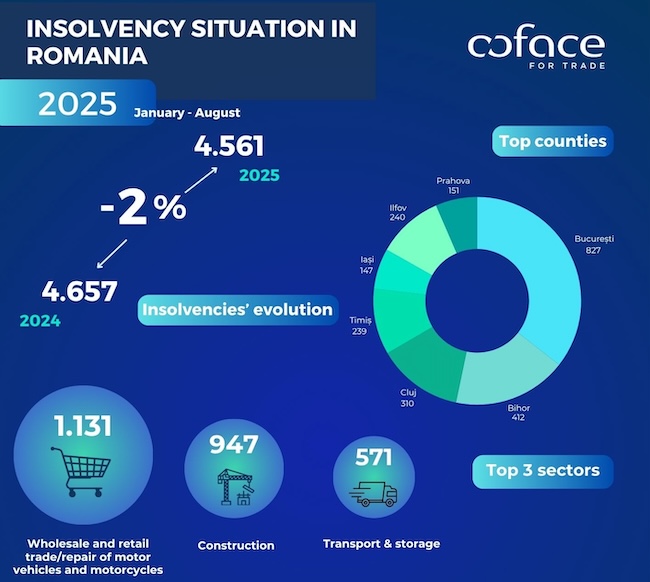OTP Bank, among the first banking institution in Romania to submit the SAF-T declaration
OTP Bank Romania has successfully submitted and validated the SAF-T (406 Declaration) fiscal control statement, becoming one of the first banks in Romania to meet this reporting requirement. For the implementation of the SAF-T project, OTP Bank collaborated with New Business Dimensions, a company specialized in reporting solutions for the banking sector.
Obtaining the first SAF-T D406 declaration involved processing over 1.5 million transactions and correlating over 320 indicators from the bank's operational systems. Within the project, New Business Dimensions consolidated and integrated data from multiple operational systems owned by OTP Bank.
The main challenge of the project was to comply with the high level of detail and accuracy required by the tax authorities and, consequently, to adjust the IT systems accordingly. The entire process was facilitated by OTP Bank's level of digitization and the existence of a central data repository, as well as the support provided by New Business Dimensions consultants. These elements allowed the bank to submit and validate the SAF-T fiscal control statement before July 1, the deadline set by the authorities for financial and banking institutions.
"SAF-T was a unique project, both in terms of novelty and the complexity of the data required to obtain the declaration," said Mihai Popescu, Project Coordinator at OTP Bank Romania. The mobilization of everyone involved was exemplary, and the mix of skills among colleagues from taxation, IT, and accounting contributed to the successful completion of the project. Additionally, the partnership with New Business Dimensions helped us overcome all obstacles and succeed in obtaining a correct and valid declaration ahead of the legal deadline requested by the authorities."
New Business Dimensions relied on the team's knowledge in reporting projects, as the company has extensive experience in the Romanian banking market.
"SAF-T brought two challenges, one on the business side, which involved changing the way data is recorded in operational systems to comply with the level of detail required by the authorities, and one on the technical side, related to the effective extraction, transformation, and consolidation of all this information. However, SAF-T is not a project that ends with the submission of the first declaration but continues in the long term and requires a high level of rigor in the process of collecting, maintaining, and processing financial and accounting data."considers Corina Nabusevschi, Business Analyst Manager at New Business Dimensions.
SAF-T (Standard Audit File for Taxation) represents an international standard for the electronic transfer of accounting data between taxpayers and tax authorities. Reporting in the SAF-T format (406 Declaration) is an initiative of the Organization for Economic Cooperation and Development (OECD) for the unified collection of financial and accounting data globally. The SAF-T format has been adopted in several European countries and will eventually be generalized throughout the European Union. The format adopted by Romania is one of the most complex, involving the reporting of over 450 accounting, financial, and tax-related data regarding company transactions.






